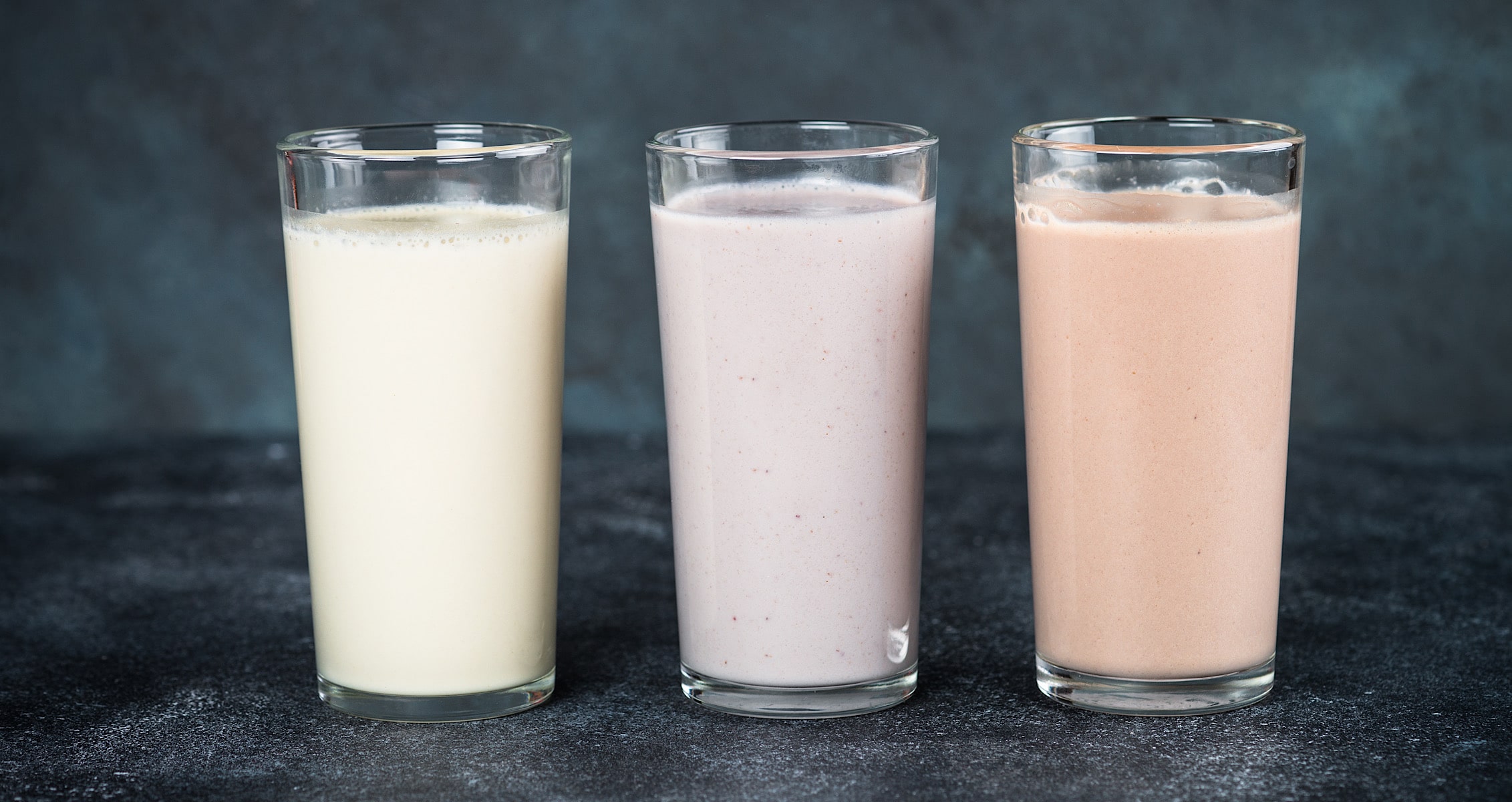Plant Protein v Whey Protein: which is better?
Whey protein has been at the top of every bodybuilders diet for as long as time remembers but is whey past its sell by date? And is plant protein a ‘whey’ better option?
Firstly, What is Whey?
Whey can be formed as a byproduct of cheese making or be separated from milk. (As milk is made from whey and also casein).
Whey also contains all the 9 essential amino acids needed, and as I addressed in my previous article, these are the building blocks of life and essential for muscle growth and even athletic performance.
What is Plant Protein?
It is pretty much as it says, it is protein from plants, many plant protein powders use brown rice, hemp, pea and soy as their protein sources.
As it may not contain the 9 essential amino acids required, food sources such buckwheat, quinoa, chia seeds, hemp seeds, soymilk, tofu are great to add into your diet, or simply add some chia seeds and hemp seeds along with some soy milk into your smoothie.
So Which One is More Popular?
Well according to the ‘Plant Based food association’ plant based ‘food sales have grown 43 percent in the past two years, 9x faster than total food sales’
The BPFA also concluded that 79% of Millenials eat plant based, with 79% of Gen Z eating plant based 1-2 times a week, itr also stated that ‘100 percent of Gen Z consumers articulated, environmental concerns, as a motivator.’
So you would factor this into account as to why many supplement brands now offering plant based options alongside their traditional whey, casein options.
Different Types of Whey:
There is more than one type of whey protein, listed below are the different types of whey protein on the market alongside some of their key facts and characteristics.
|
Whey Option |
Characteristics |
|
Whey Concentrate |
Contains lactose and is 70-80% protein. Cheaper brands concentrate’s tend to have 30 percent protein and higher end up to 90 percent. |
|
Whey Hydrolysate (Hydrolyzed) |
It is pre digested form of whey so absorbs a lot faster, allowing for quicker results |
|
Whey Isolate |
Contains less lactose and is about 90% protein, but also contains less nutrients. |
Different Types of Plant Protein:
Like its whey alternative, there are numerous plant based protein options available, listed below are some of them along with their key characteristics.
|
Plant Protein Option |
Characteristics |
|
Brown Rice Protein |
Brown rice contains the necessary BCAA’s, but does lack lysine so you would need to obtain this from a food source. |
|
Hemp Protein |
Contains Omega 3’s, magnesium, fiber, zinc and iron but again lysine is missing so would need to obtain elsewhere. |
|
Pea Protein |
Contains all the essential amino acids plus BCAA’s arginine, leucine, isoleucine, and valine. |
|
Soy Protein |
Low fat and cholesterol and is a complete protein, so contains all the essential amino acids. |
|
Pumpkin Seed |
Low fat and contains magnesium, iron and zinc and has anti-inflammatory and antioxidant qualities. |
Benefits and Disadvantages of Whey:
Tabled below are some of the benefits and disadvantages of whey protein:
|
Benefits |
Disadvantages |
|
Contains all the essential amino acids and BCAA’s so great for muscle building and recovery |
Can contain lactose so would affect anyone who is lactose intolerant (which is essentially all of us), and can be difficult to digest |
|
Whey seems to contain more leucine which is crucial in the muscle building process. |
High doses of whey can lead to acne |
|
Metabolizes faster |
As it derives from milk, typically has higher fat and calorie content |
|
Can be beneficial in weight loss as it reduces the level of the hormone Ghrelin, which stimulates appetite and promotes fat storage. |
More sweeteners to disguise the taste |
|
Whey offers 26g (26%) of BCAAs per 100g of protein which is the highest concentration of BCAA’s, of any dietary protein. |
Disposal of whey can lead to contamination of sewers and waterways |
|
Can be used to reduce colic in infants |
|
Benefits and Disadvantages of Plant Protein?
Tabled below are some of the benefits and disadvantages of plant based protein:
|
Benefits |
Disadvantages |
|
Contain high levels of fiber and easier to digest |
Not all contain all the essential amino acids but there seems to be contradicting evidence regarding this claim |
|
Contain high levels of antioxidants and nutrients |
Metabolizes Slower |
|
Dairy free, so great if you are lactose intolerant |
Lower BCAA content |
|
Due to slow metabolization can keep you fuller for longer |
Offers 18-19% of BCAA’s per 100g protein (not as high as whey which is 26%) |
|
Cleaner taste and more natural |
|
|
Great for anyone who has digestive sensitivities |
|
|
Due to the phytochemicals, (Soy protein) may be effective for cancer prevention |
|
|
Can be beneficial for blood sugar control |
|
|
Other than soy it is hypoallergenic so great for anyone with allergies |
|
|
Better for the planet |
|
Conclusion: Which is Better?
If you are plant based or vegan then this isn’t even a debate as you would be opting for the plant based option, however if you are a meat eater then this could be an open debate.
It may be worth exploring another option to see if that works for you, but bear in mind the environmental impact of your choice.
As if you are looking at sustainability then according to Dr Andrew Berardy, Environmental Nutrition expert at Loma Lida University, stated that “The lower overall environmental impact of plant-based production systems means that the environmental footprint of plant-based proteins is less sensitive to changes over time than that of whey. This means plant-based protein supplements are likely to be the more sustainable choice in the long term.”
https://pubmed.ncbi.nlm.nih.gov/27886704/
https://www.plantbasedfoods.org/marketplace/consumer-insights/
https://www.plantbasedfoods.org/retail-sales-data/
https://pubmed.ncbi.nlm.nih.gov/18679613/
https://pubmed.ncbi.nlm.nih.gov/23782948/
https://pubmed.ncbi.nlm.nih.gov/25628520/
https://pubmed.ncbi.nlm.nih.gov/15465805/
https://pubmed.ncbi.nlm.nih.gov/28638350/
https://pubmed.ncbi.nlm.nih.gov/19589961/










